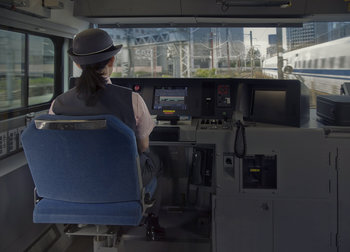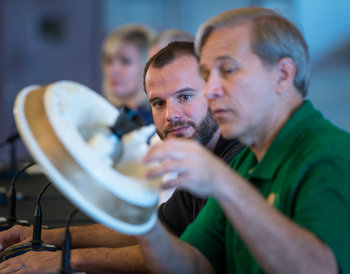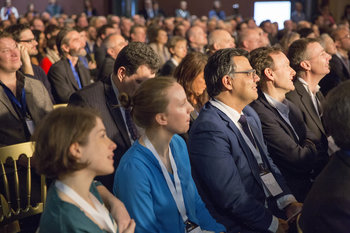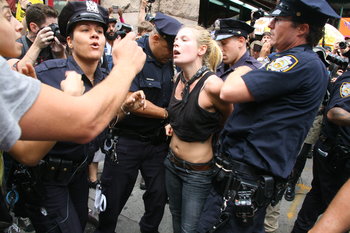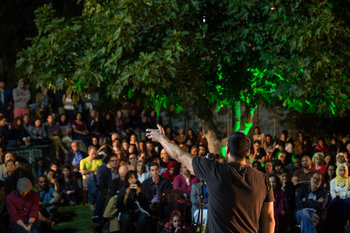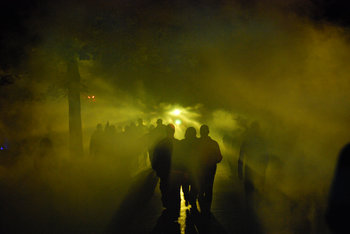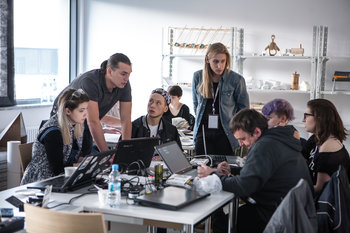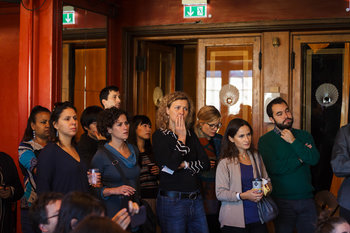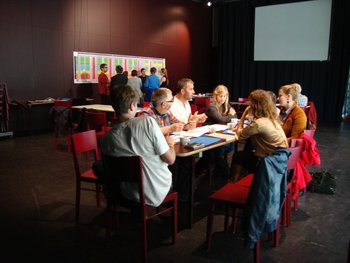
Partial Technocracy
A situation where a government or international organization is mostly controlled and directed by administrators with a technical background but elected officials still have ultimate control. In this case, the technocracy can be held accountable to the society or community that it serves.Complete Technocracy
Administrators with a technical background that run global systems, societies, communities or organizations without any oversight by elected representatives. This is envisioned as a system where bureaucrats would be selected and promoted based on their technological or scientific prowess. Such a system can be viewed as elitist whereby a small minority would be given power based on the prioritization of a particular skillset from the full diversity of human talents.Meritocracy
A meritocratic system that promotes individuals to power and wealth based on their talent and potential may resemble a technocracy if technical skills are valued above all else by the system. Current examples of meritocratic companies tend to value soft skills such as leadership over technical skills such as coding. It should also be noted that a meritocracy is typically accountable to stakeholders.Automation of Populism
A system of direct popular rule whereby people submit and vote on ideas that are executed by a highly automated government. A technocracy would play a role in implementing such automations and may represent the entire government. This has a number of problems in areas such as stability, risk, efficiency and accountability. For example, this would completely relegate experts to implementation and policy would be directly in the hands of voters who may have little knowledge of the complexities of running a society.Decline of Civilization
A technocracy could result from a society that becomes highly automated followed by some type of decline whereby people forget how to run the system that has been created. This is depicted in the animated film WALL-E whereby a society is adrift in an advanced spaceship with people living a comfortable life inside without knowing why the ship was built or how it is operated. The lone captain of the ship represents the technocracy. He also doesn't understand the system to any significant extent.Historical Technocracy
The former government of the Soviet Union was perhaps close to being a technocracy. For example, in 1986, 89% of Politburo members were engineers.AI Dominance
A society or system that is fully controlled by a collection of artificial intelligences. In this case, the persons who put the AI into operation, potentially designing it to their benefit, are the technocracy.Notes
Technocracy can be considered largely synonymous with bureaucracy with the former indicating the dominance of technologists, engineers and scientists in the bureaucracy. Technocracy can also be considered a modern term for bureaucracy that recognizes the dominant role of technology in modern administrative bodies.As with the term bureaucracy, technocracy has negative connotations related to inefficiency and arrogance. For this reason, it may be unusual for an individual to describe themselves as a technocrat.| Overview: Technocracy | ||
Type | ||
Definition (1) | The automation of bureaucracy whereby power is vested in a technological elite as opposed to elected representatives. | |
Definition (2) | A bureaucracy that is dominated by technologists, scientists and engineers with little or no accountability to stakeholders. | |
Definition (3) | Rule by experts who are selected by institutions filled with experts. | |
Related Concepts | ||






